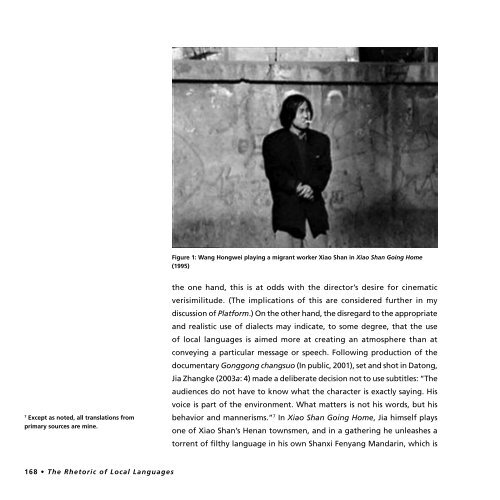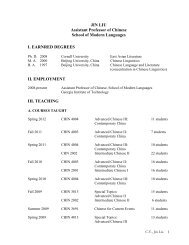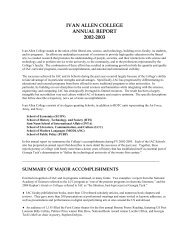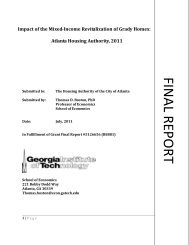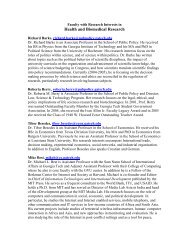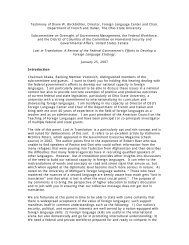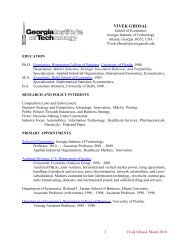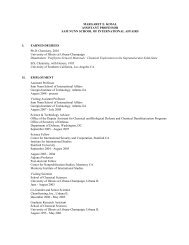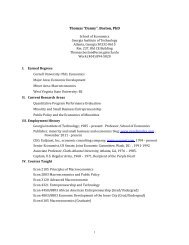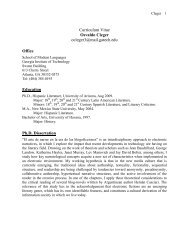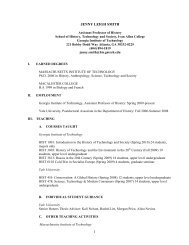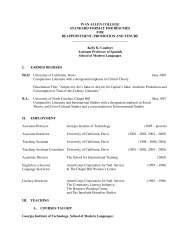Read this paper
Read this paper
Read this paper
Create successful ePaper yourself
Turn your PDF publications into a flip-book with our unique Google optimized e-Paper software.
Figure 1: Wang Hongwei playing a migrant worker Xiao Shan in Xiao Shan Going Home<br />
(1995)<br />
the one hand, <strong>this</strong> is at odds with the director’s desire for cinematic<br />
verisimilitude. (The implications of <strong>this</strong> are considered further in my<br />
discussion of Platform.) On the other hand, the disregard to the appropriate<br />
and realistic use of dialects may indicate, to some degree, that the use<br />
of local languages is aimed more at creating an atmosphere than at<br />
conveying a particular message or speech. Following production of the<br />
documentary Gonggong changsuo (In public, 2001), set and shot in Datong,<br />
Jia Zhangke (2003a: 4) made a deliberate decision not to use subtitles: “The<br />
audiences do not have to know what the character is exactly saying. His<br />
voice is part of the environment. What matters is not his words, but his<br />
7<br />
Except as noted, all translations from<br />
primary sources are mine.<br />
behavior and mannerisms.” 7 In Xiao Shan Going Home, Jia himself plays<br />
one of Xiao Shan’s Henan townsmen, and in a gathering he unleashes a<br />
torrent of filthy language in his own Shanxi Fenyang Mandarin, which is<br />
168 • The Rhetoric of Local Languages<br />
MCLC 18.2.indd 168<br />
12/20/06 2:01:35 PM


